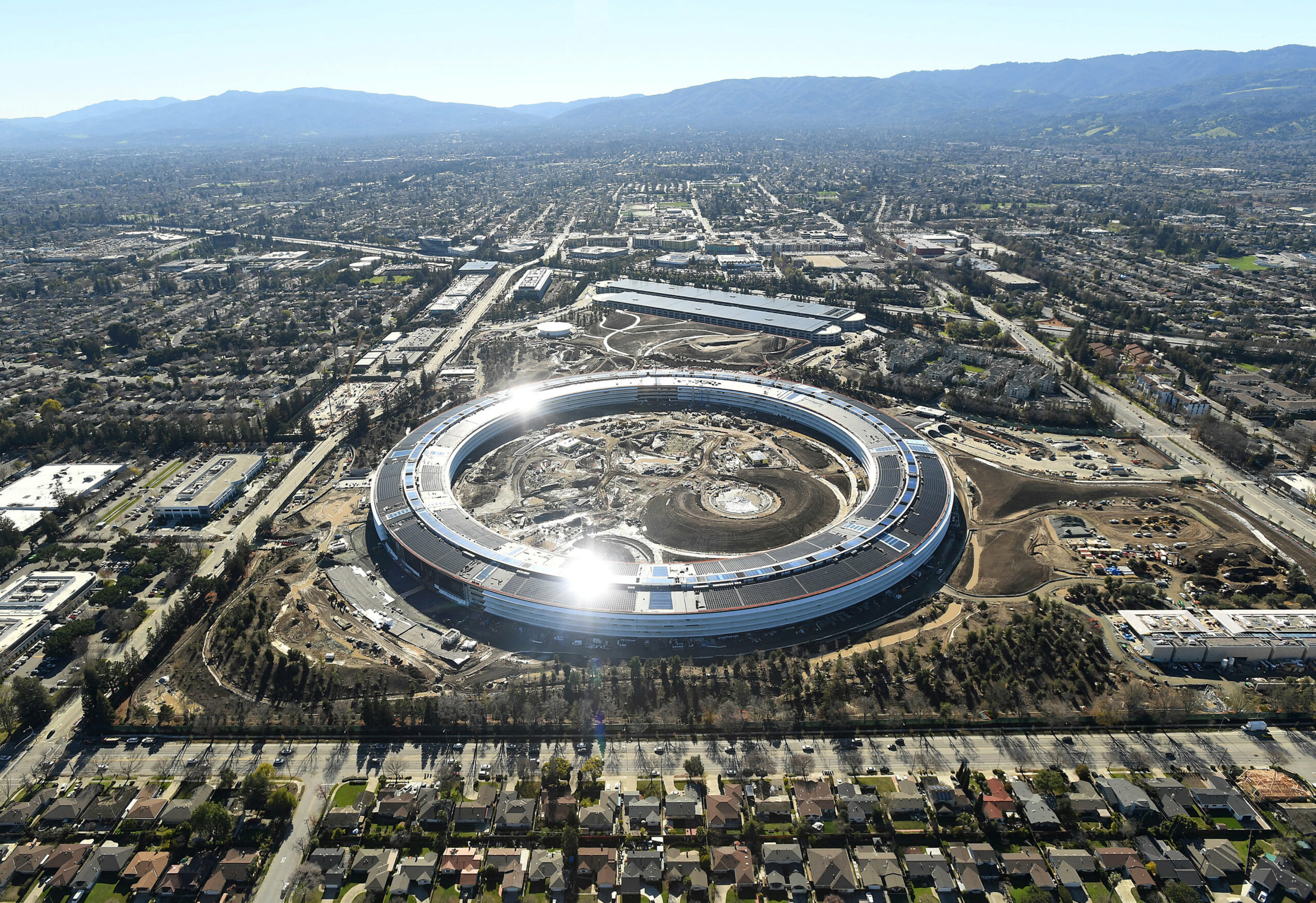
Silicon Valley
The phrase “foreign policy” is no longer limited to the actions of nation-states in the present tapestry of global politics. Silicon Valley has emerged as a new player on the world scene, with power that transcends borders and traditional diplomacy.
In times of political crisis, the role of tech behemoths based in this California core has become increasingly essential, molding narratives and affecting results in ways that rival, and in some cases outperform, the capacities of small and medium-sized states.
Though unofficial, Silicon Valley’s foreign policy is manifested through the economic and informational clout of businesses such as Google, Apple, Facebook (Meta), and X, formerly known as Twitter.
These platforms become battlegrounds for narratives and public opinion during political crises. For those paying attention, Israel’s ongoing war on the beleaguered enclave of Gaza has directly revealed Silicon Valley’s significant influence in molding global narratives.
Reports of censoring on platforms such as Instagram and X, particularly with regard to content supportive of the Palestinian cause, raise serious concerns about the firms’ control over public debate. Allegations go beyond implying a suppression of pro-Palestinian views, highlighting the platforms’ critical role in framing international crises.
The role of Silicon Valley in the continuing war in Ukraine was also prominent. Tech firms played an important role in supporting Ukraine’s strategic narratives and public diplomacy initiatives.
These companies greatly influenced international perception and policy reactions by offering platforms for the spread of information and narratives.
The relationship between Ukraine and tech companies was strengthened by financial agreements, such as the one with Microsoft, which provided nearly $100 million in additional technology aid, bringing its total support for Ukraine to more than $400 million since the crisis began in February 2022.
In times of crisis, combining the freedom to free expression with the responsibility to moderate damaging content is a constant dilemma for Silicon Valley.
During political upheavals, the boundary between activism and incitement can blur, making this delicate job even more difficult. Their decisions to accept, remove, or restrict content can have a substantial impact on the course of events, bringing criticism from a variety of sources.


































































